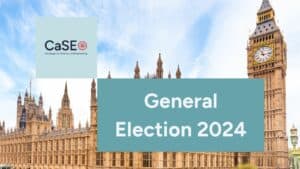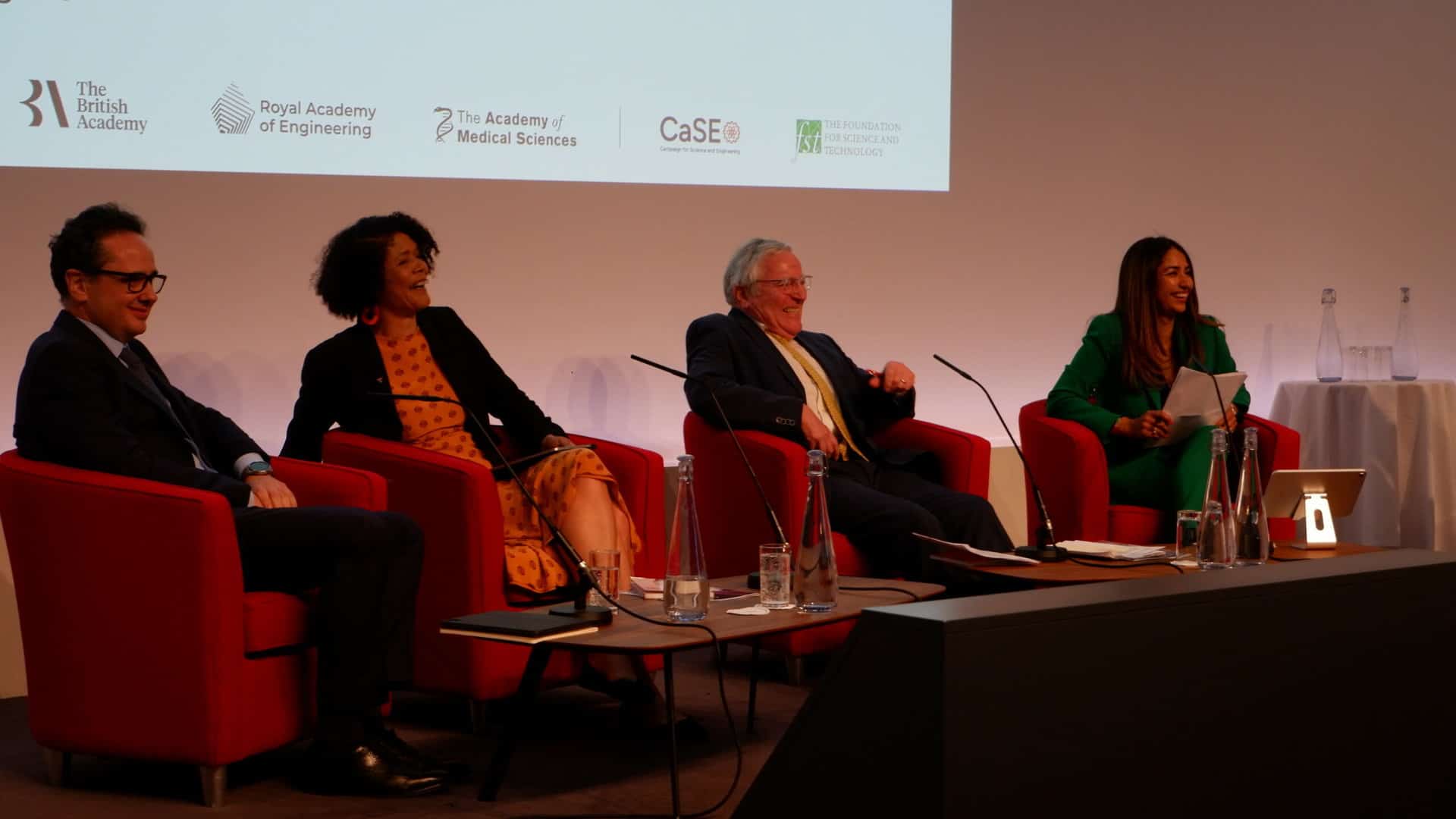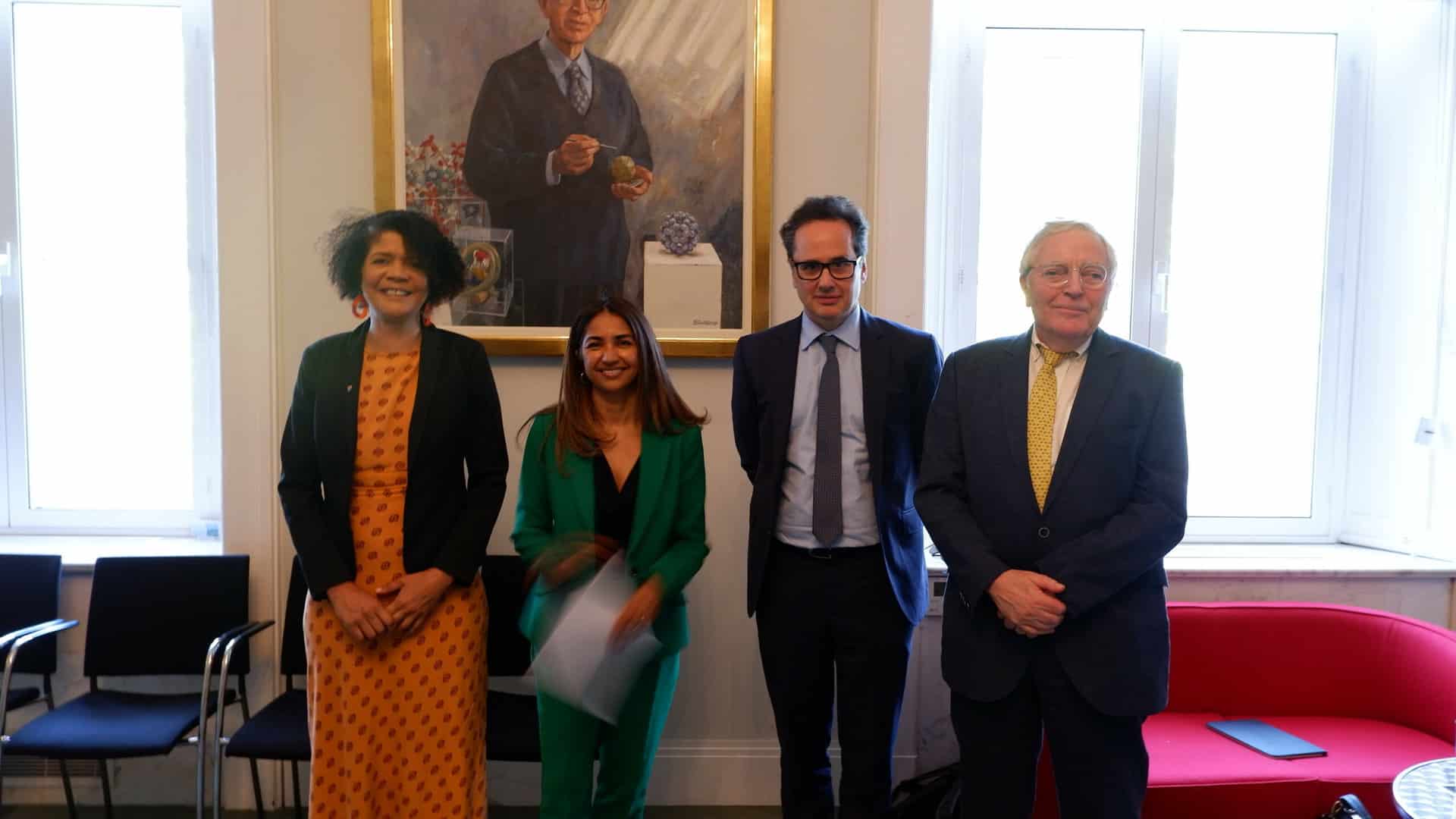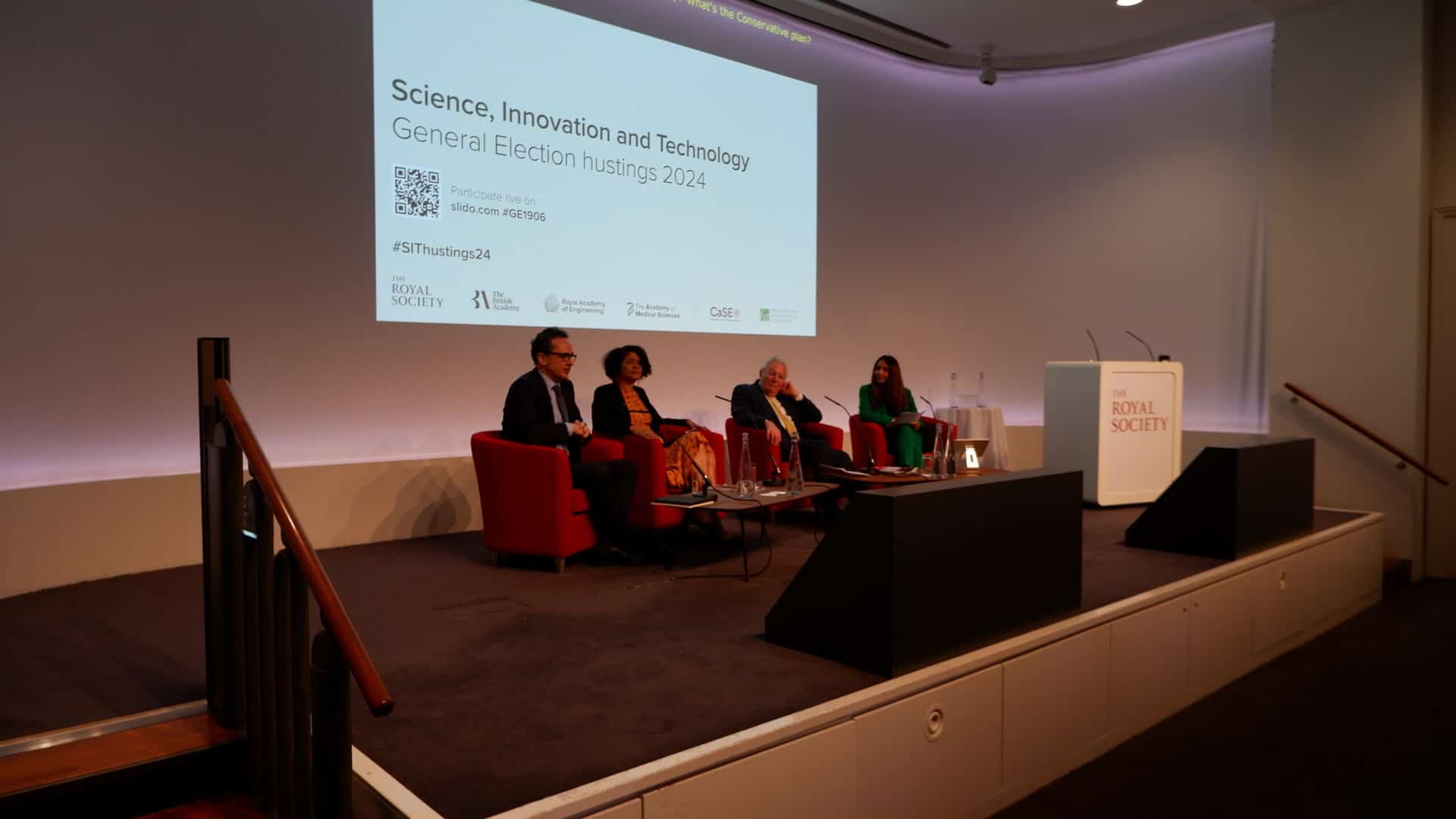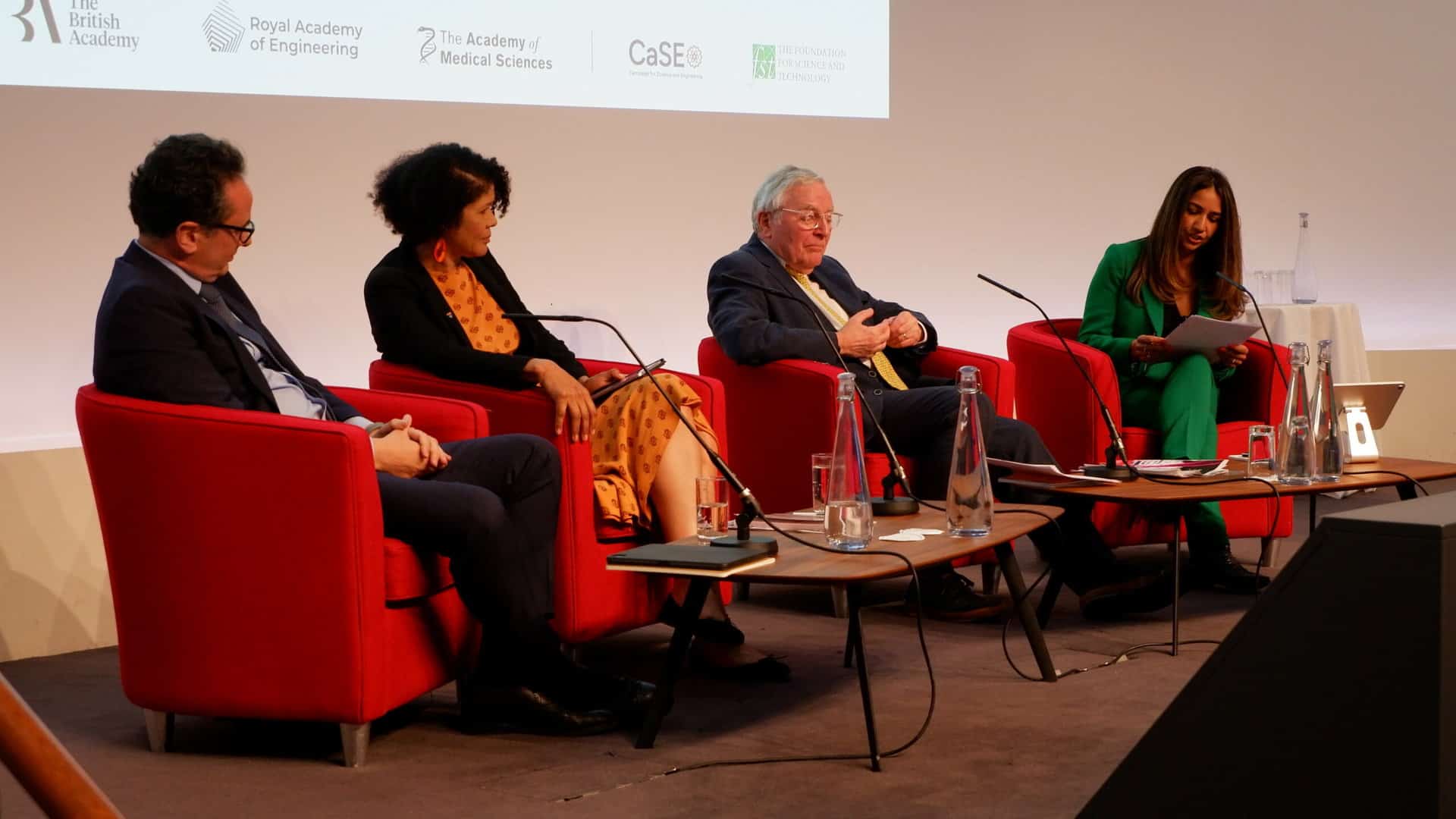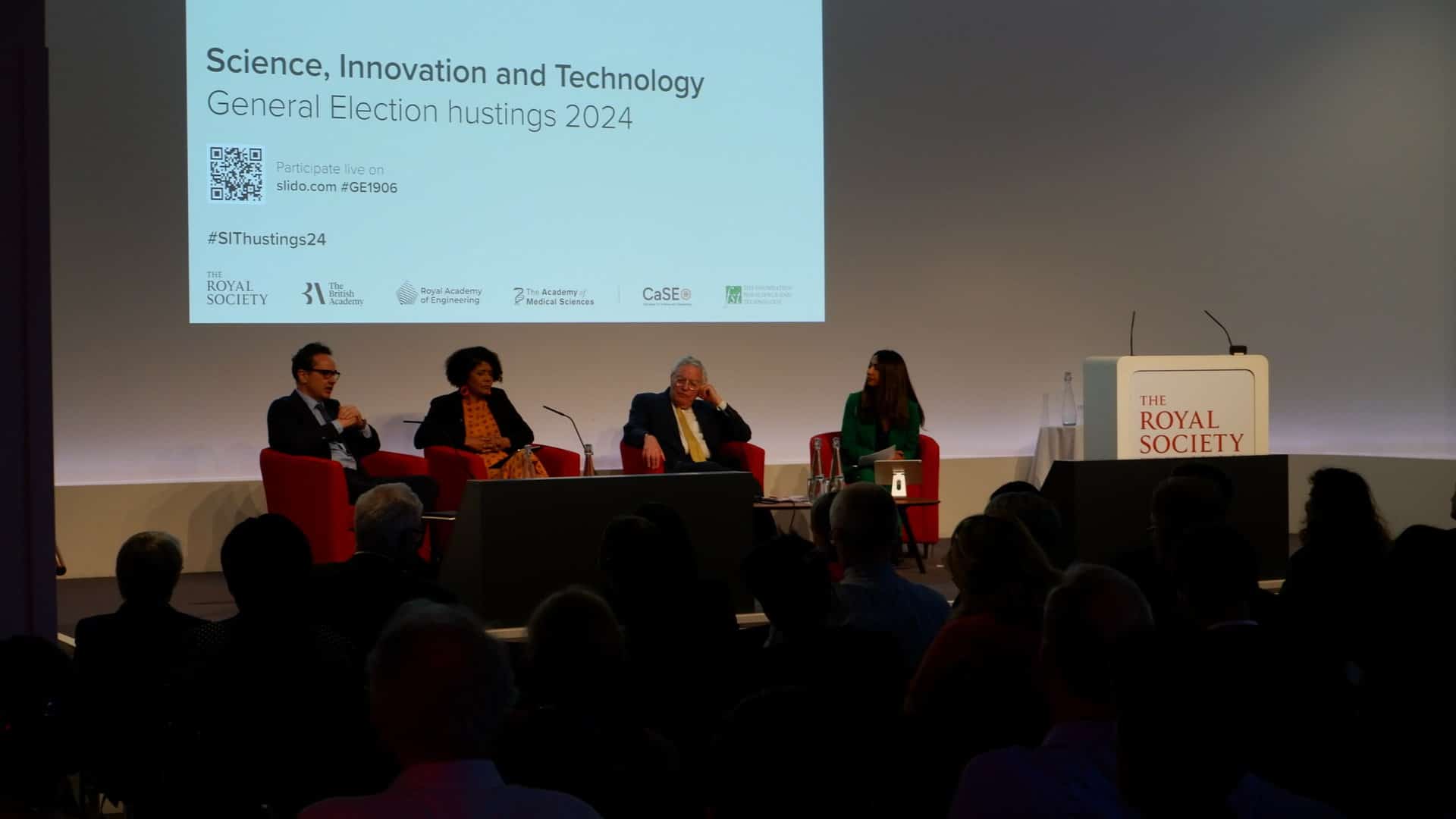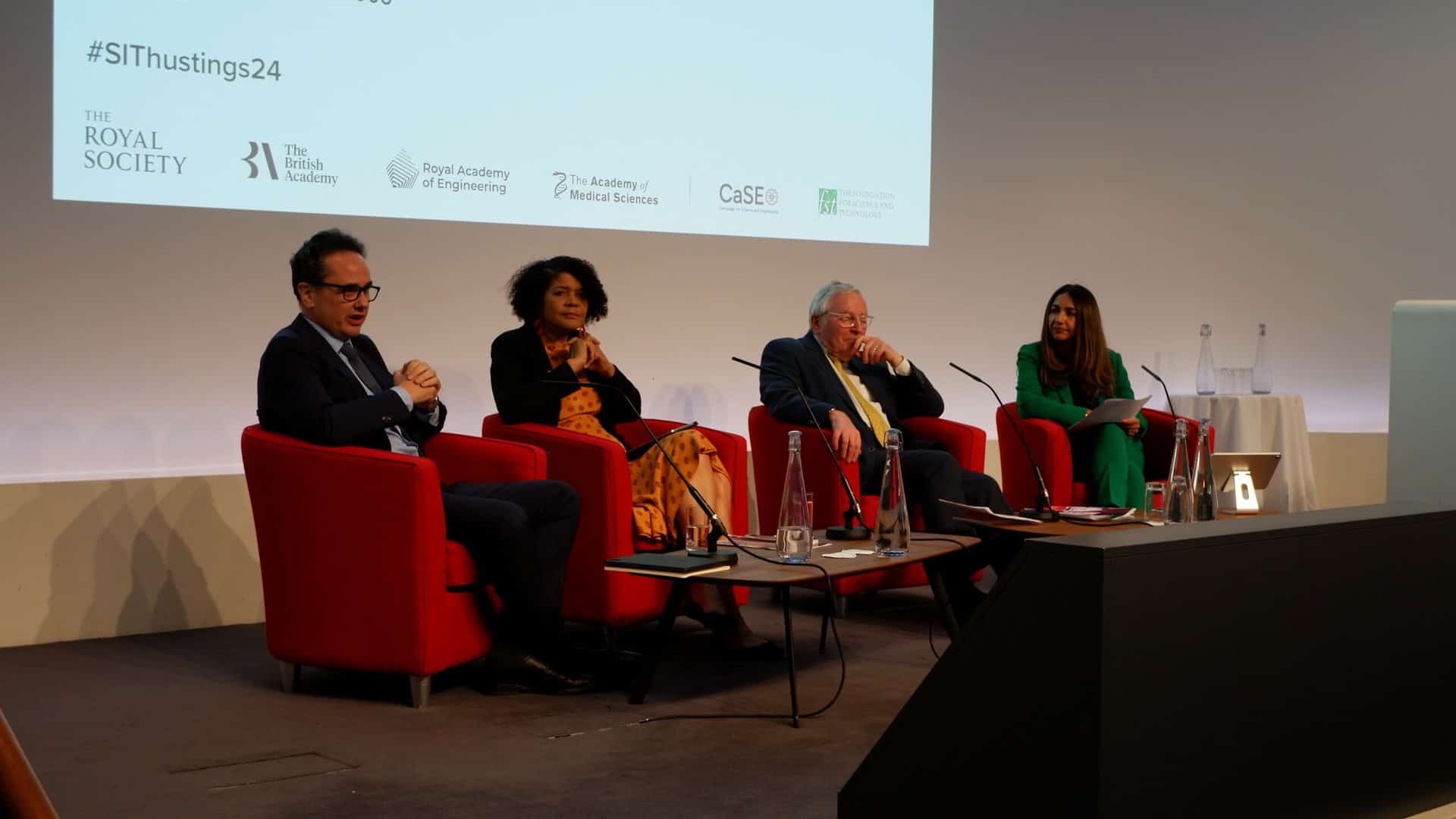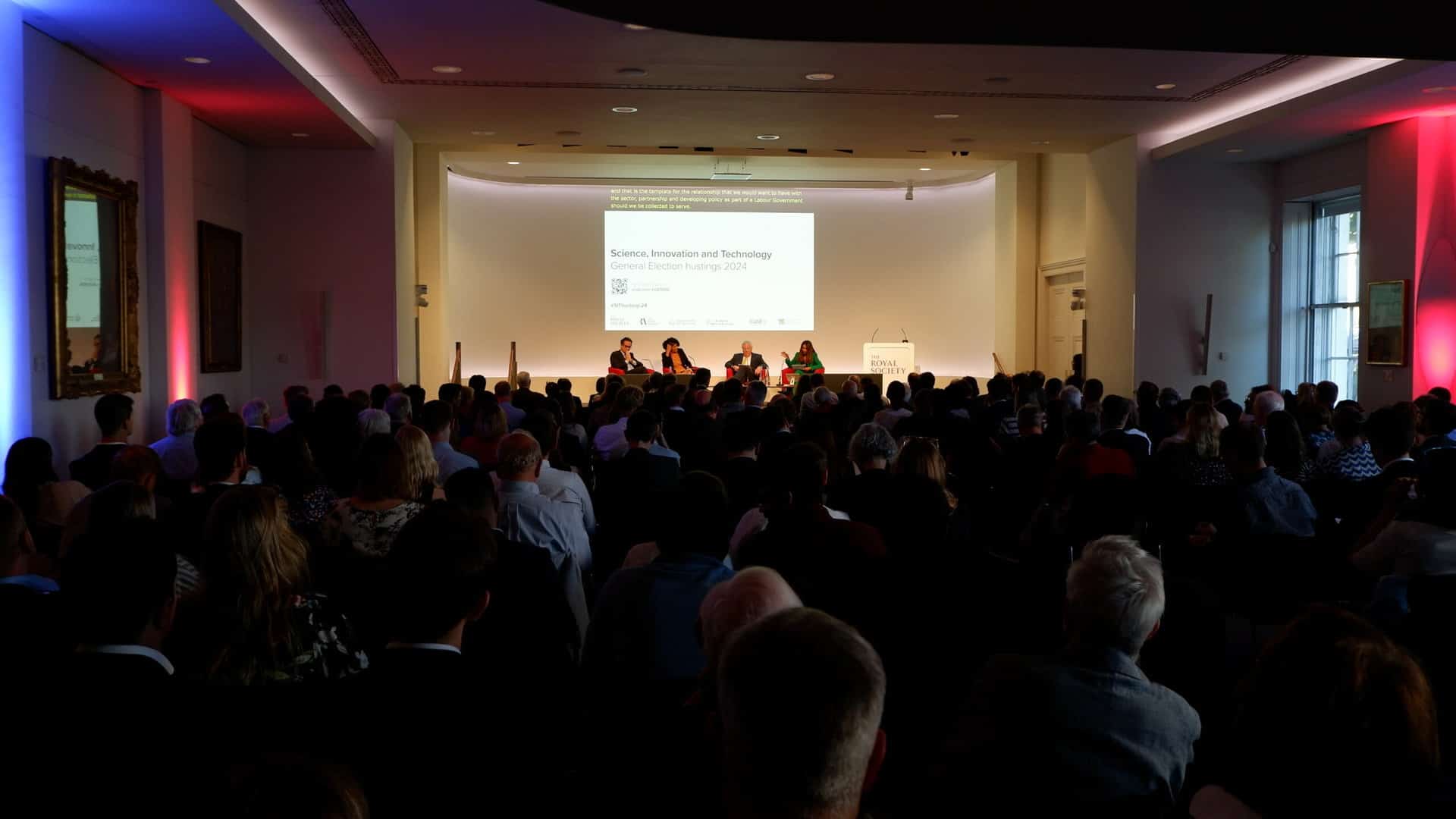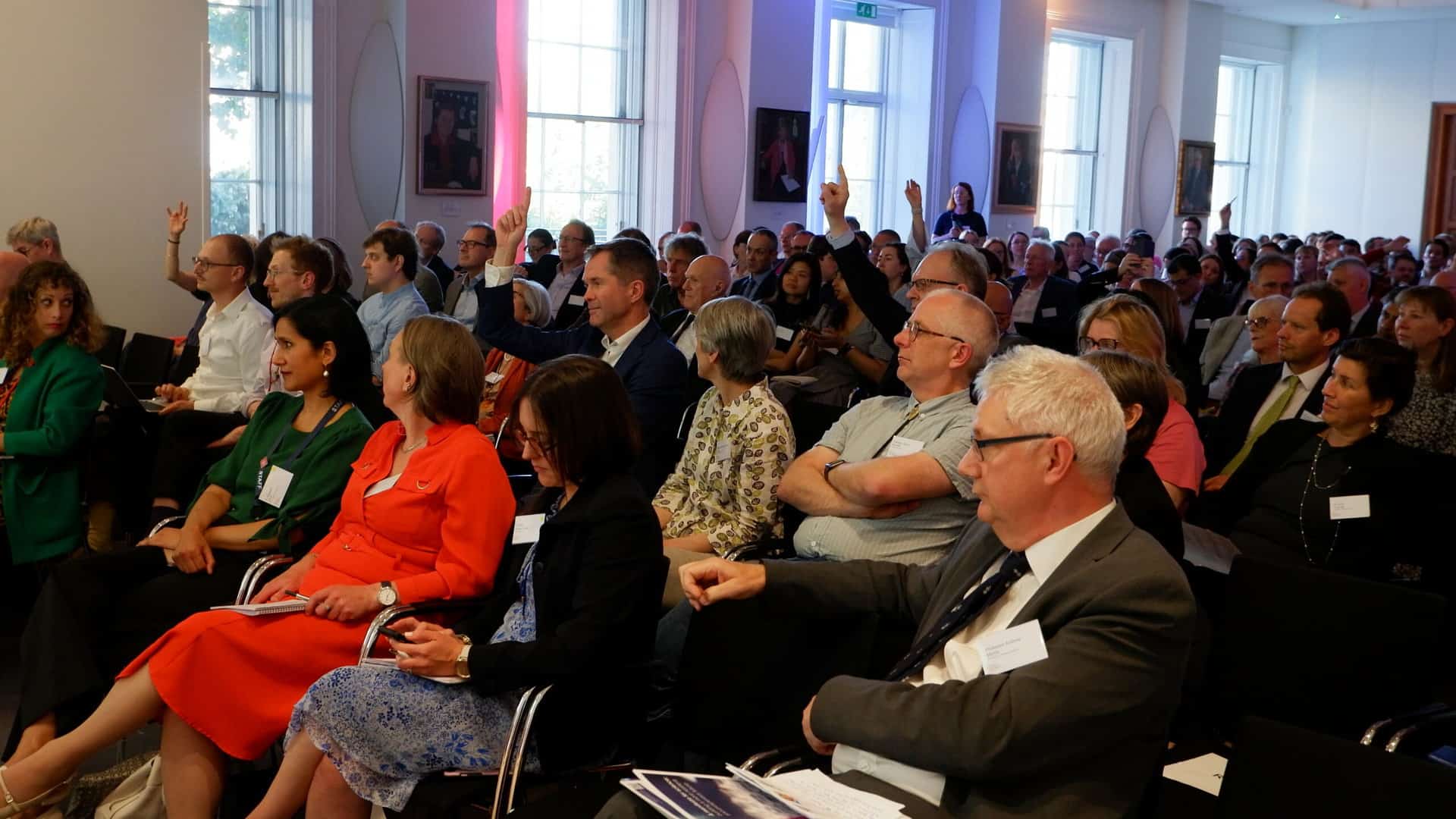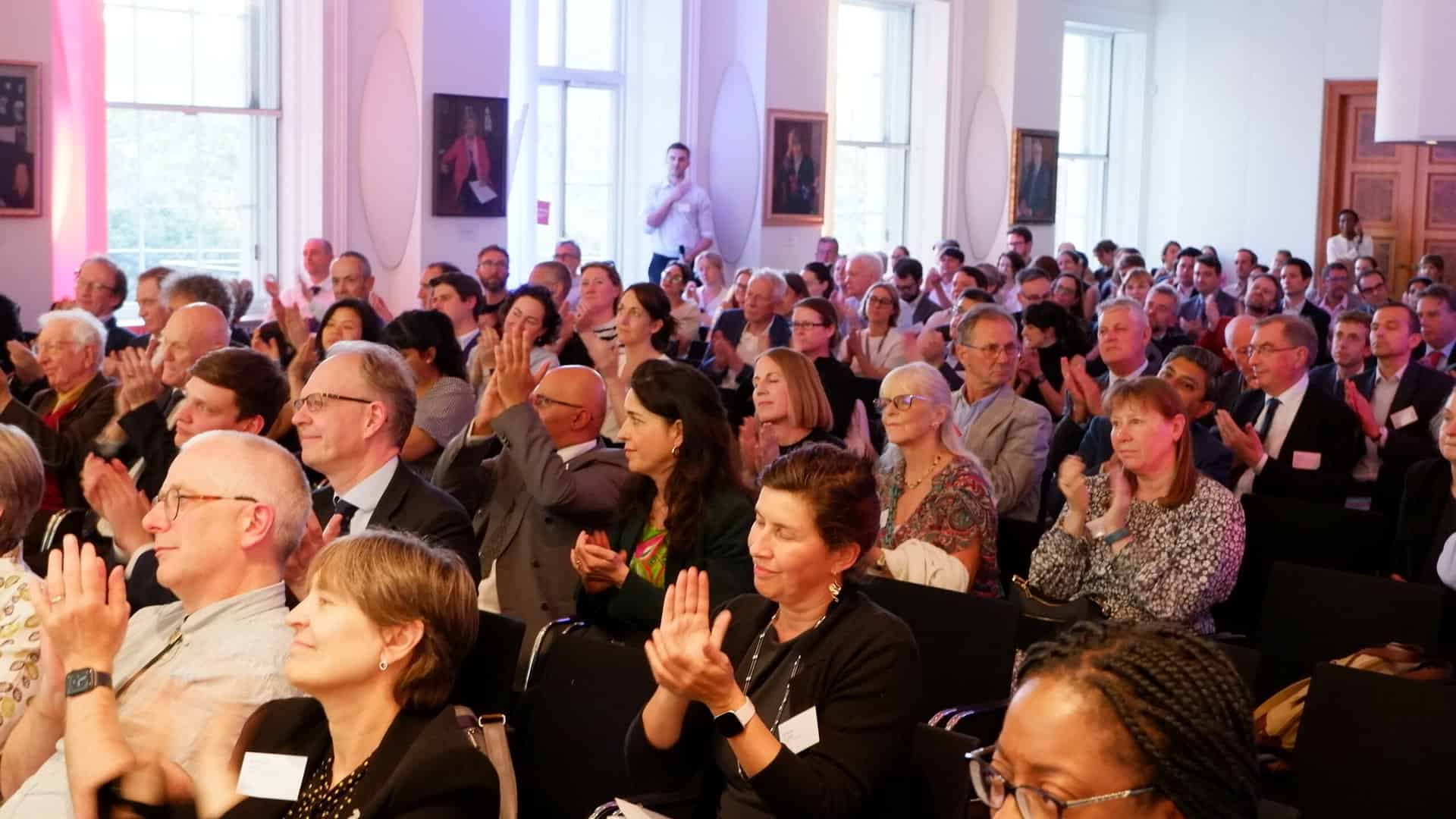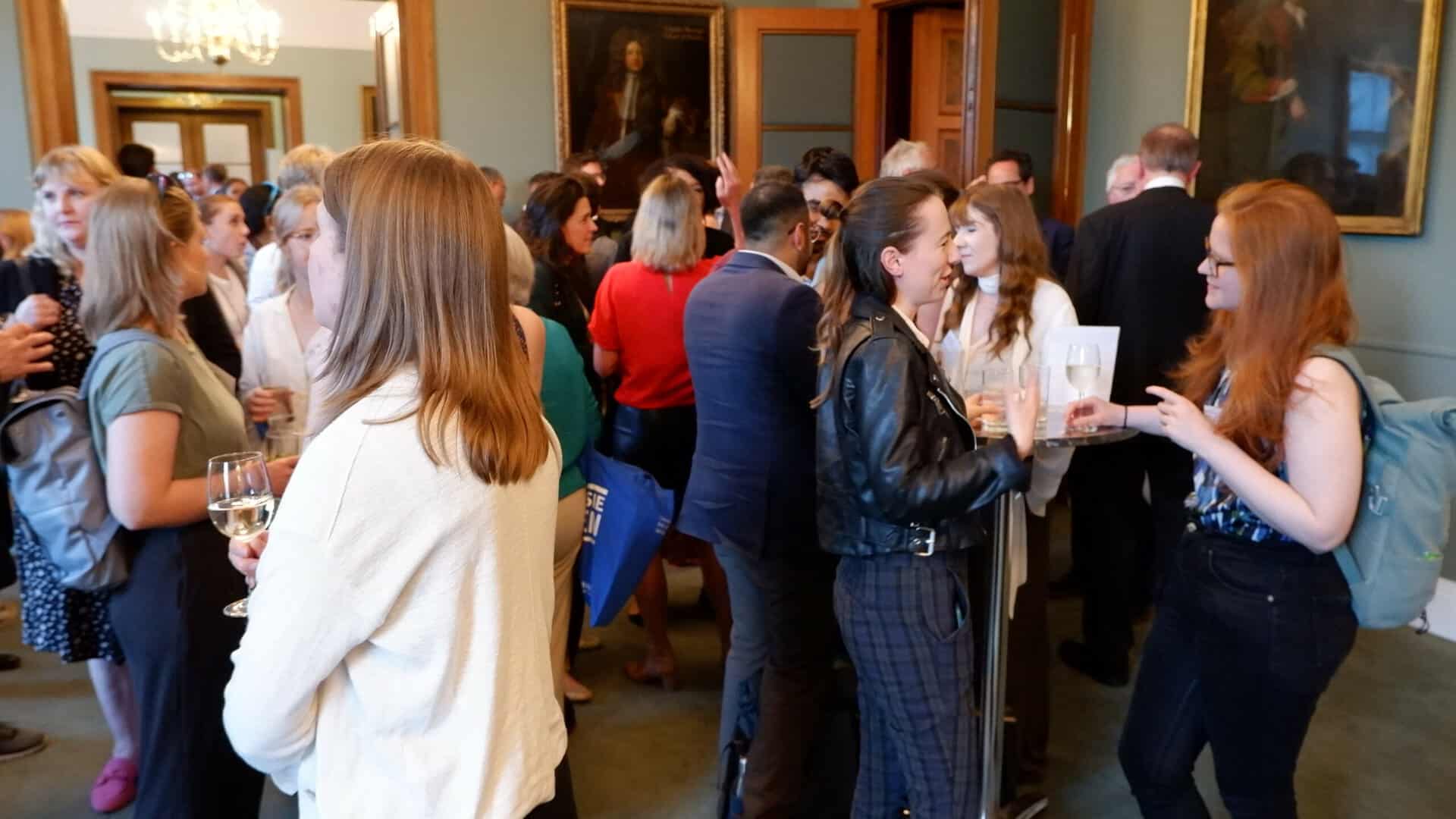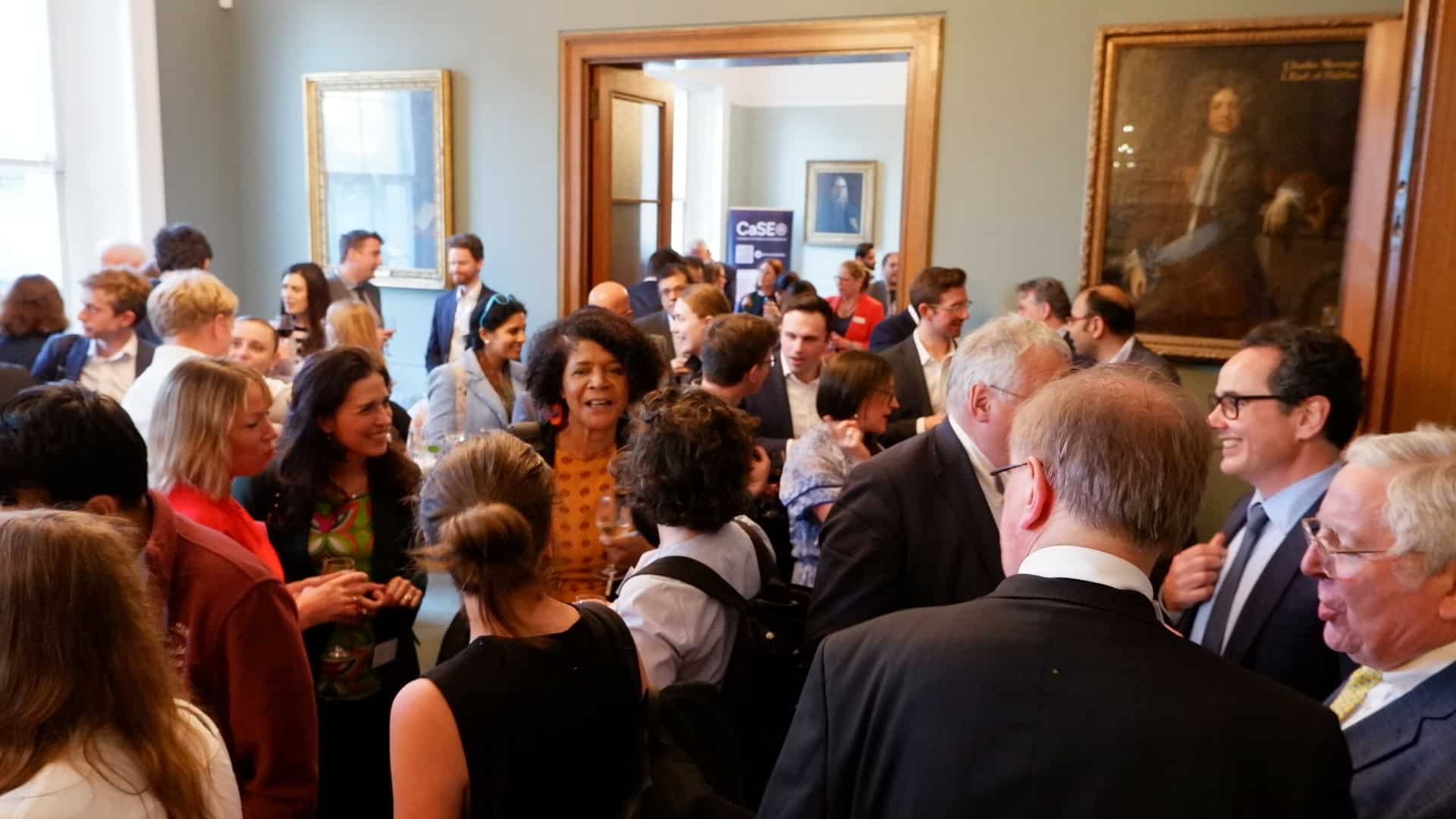Opening Statements
Anjana Ahuja began by asking the candidates if they felt that R&D had been high profile enough during the election campaign, given its impact on significant societal challenges, such as climate change, the UK’s aging population and shifting geopolitical alliances.
Viscount Camrose responded that he felt science and tech was not being talked about enough in the campaign. He said that the next parliament would see more insightful development in technology and science than any parliament before. He said his party had a manifesto commitment to raise spending to make sure the UK can respond rapidly to new developments in technology.
Chi Onwurah said her party sees science as part of the engine for growth and would introduce a 10-year budget for key institutions. She pledged to get rid of a lot of the red tape when it comes to research funding and earn trust, saying that one of the key mentions of science and innovation in their manifesto was restarting the economy through growth.
Lord Clement-Jones revealed his party would be looking at changes to regulation in artificial intelligence (AI) and data protection. He also said that universities are currently undervalued when they should be treated as engines of growth. He added that his party was committed to science investment and participation in Horizon Europe, jokingly asking the audience if anyone remembered Plan B.
Immigration
When answering a question from the audience on immigration, Viscount Camrose said that the UK needs more scientists than it can produce. He said many people consider immigration too high but there must be a balance, bringing in skilled workers while having limits on migrant numbers.
Chi Onwurah said innovation happens when people from different backgrounds come together. She said the Home Office is broken, and that a Labour Government would reform the points-based system, so it is better managed and joined up with skills policy.
Lord Clement-Jones said that the UK had to be able to attract senior researchers to build a team that will develop new breakthroughs in science and technology. He said a Liberal Democrat Government would look at visas and work permits.
Medical Sciences
In discussing how to protect medical sciences, Lord Clement-Jones said it wasn’t about legislation, it’s about culture and making sure there isn’t too much bureaucracy in research funding.
Chi Onwurah said getting the NHS back on its feet was a priority, supporting technicians and clinicians who are exhausted and tackling regulation to ensure that advances aren’t held up by long drawn-out approval processes.
Viscount Camrose described the COVID-19 vaccination as the most consequential breakthrough in the last parliament, saying it was a significant example of medical innovation. He also said that AI was going to play immense impact on medical provision by improving efficiency in the way the NHS is run.
Universities and Social Sciences
Candidates were asked about their party’s plans for stabilising universities’ funding to ensure they remain world leaders. Lord Clement-Jones said there was a commitment in the Liberal Democrat manifesto to carry out a review of the situation whereby overseas students are there to make up the gap between research funding and domestic undergraduates. When asked whether he would close universities, he said that doing so could cause economic damage to the towns and cities where they are based.
Viscount Camrose said that universities need to be improving in performance and that currently there seems to be something not functioning properly. He said it was important because some degrees do not add value, referencing media studies. Chi Onwurah countered saying that media studies was needed in a post-truth world, and that a Labour government would give universities the love they deserve. When asked about use of arts and humanities in sciences, Lord Clement said that AI helps us to understand the world more, not less, and so arts and sciences go hand in hand.
